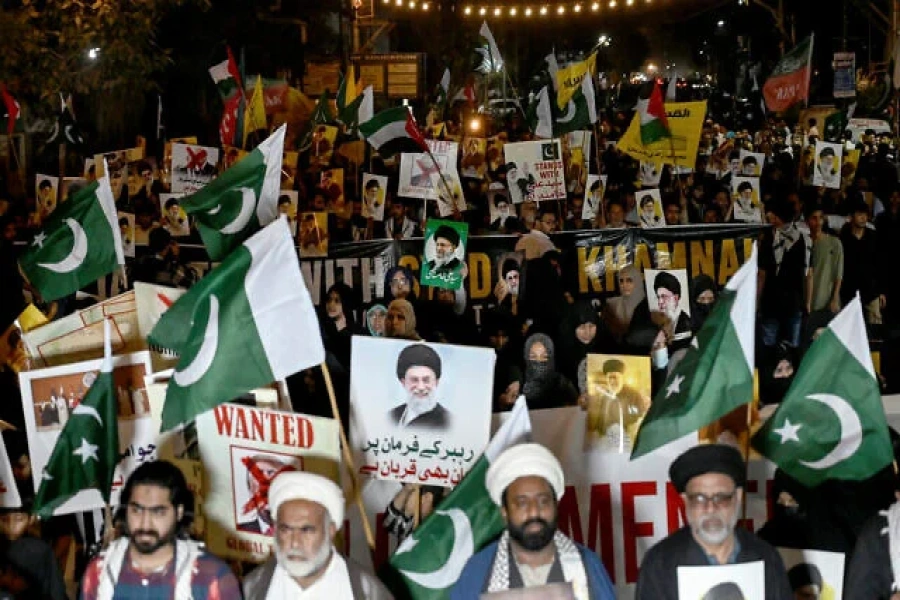The Lokniti post-poll indicated an exhaustion with the politics of Hindutva
A drop in satisfaction levels with governance, the stagnating popularity of Prime Minister Narendra Modi, the resilience of regional parties and the rejuvenation of the Congress party, and the fading of Hindutva for marginalised sections in the Hindi heartland. All these contributed to the National Democratic Alliance’s reduced majority in the 2024 general election, according to the CSDS-Lokniti’s post-poll survey. In its pre-poll survey, the agency had indicated that “unemployment” and “price rise” were key issues for a majority of the electorate and despite the healthy 46% support for the NDA, a chunk of those favouring the incumbents were willing to back the Opposition during the course of the election.
Survey official returns bribe taken from service seeker

The final vote share for the NDA, at 43.6%, was 1.4 points lower than what the constituents of this year’s coalition received in 2019 even as the INDIA bloc secured a significant 41.4% support (if the Trinamool Congress’s shares are included), a leap from 2019. In the previous Lok Sabha election, the Balakot action, the PM-Kisan scheme and 10% reservation for the Economically Weaker Sections category had helped the Bharatiya Janata Party romp home with 303 seats, according to Lokniti. But this time around, multiple narratives and political issues tied the party down in its strongholds. Even its ascendance in Odisha and Telangana was not enough to recoup its losses in the Hindi heartland.
The strong support by Dalits, other OBCs and minorities to the Congress in States such as Uttar Pradesh, and the Samajwadi Party’s terming the BJP’s agenda as a threat to the Constitution put the wind in the Opposition’s sails. That Congress leader Rahul Gandhi enjoyed a four-point lead (36% versus 32%) over Mr. Modi among respondents in Uttar Pradesh, when asked about their preference for the Prime Minister’s post, must alarm the BJP. Clearly, the party can no longer expect to rely on Hindutva as a cementing factor except in States such as Uttarakhand, Gujarat, Madhya Pradesh and Chhattisgarh, which are distinguished by a lack of a diligent Opposition.
For the INDIA bloc, and the Congress in particular, its credible performance notwithstanding, its task is cut out in these States. The Congress also increased its vote share in Karnataka from what it was in the 2023 Assembly elections, but the NDA’s strong social coalition proved a hindrance in converting those increased votes into more seats. The message for the Opposition is clear — wherever it is in power, it must strive to provide a clear alternative to the NDA in terms of governance. And where it is not in power, it must rely on building unity among like-minded forces and a narrative of bringing change through alternative policies that offer a strong contrast to the centralising and unitary nature of the BJP.
Source: The Hindu (India)






































